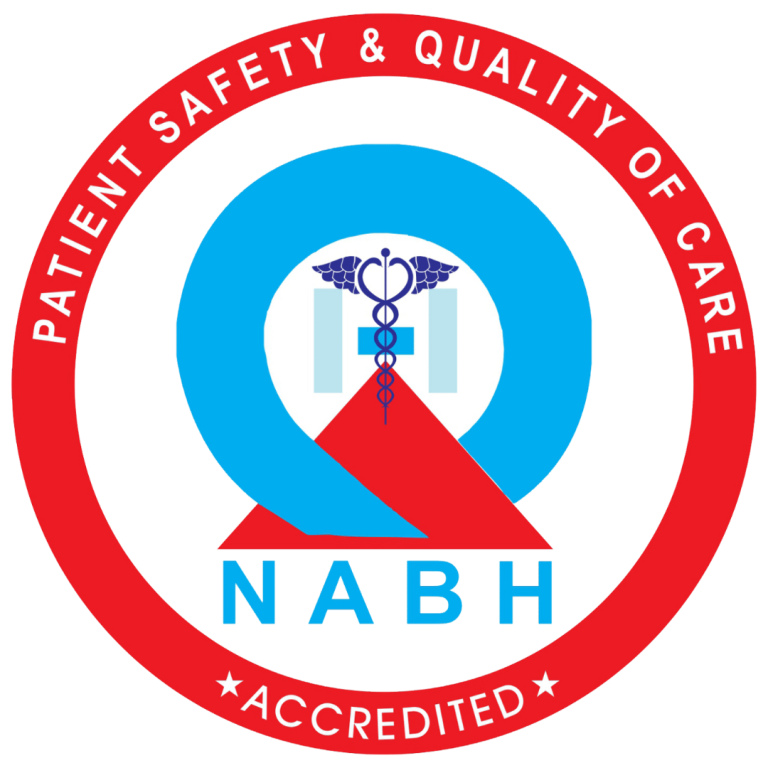Pregnancy is one of the most transformative and delicate phases in a woman’s life. It brings immense joy, anticipation, and a deep sense of responsibility. During this period, the health of both the mother and the developing baby depends largely on proper medical attention and lifestyle choices. This is where antenatal care plays a crucial role. It ensures that the journey of pregnancy remains safe, healthy, and well-monitored from conception to delivery.
What Is Antenatal Care?
Antenatal care, also known as prenatal care, refers to the regular medical check-ups and guidance provided to pregnant women. It is designed to monitor the progress of pregnancy, identify potential risks early, and provide timely interventions to ensure the well-being of both mother and child. Antenatal visits typically include physical examinations, ultrasounds, nutritional guidance, blood tests, and counseling sessions to help mothers prepare for childbirth.
Why Antenatal Care Is So Important
Antenatal care isn’t just about medical tests — it’s about prevention, awareness, and empowerment. Regular visits to a healthcare professional help detect complications like gestational diabetes, high blood pressure, or anemia before they become severe. Early detection allows timely treatment, significantly reducing the risks of premature births and maternal health issues.
Moreover, antenatal care provides vital education about nutrition, exercise, emotional health, and hygiene during pregnancy. Expecting mothers learn how to manage their changing bodies, prepare for delivery, and care for their newborns. This guidance is especially beneficial for first-time mothers who may feel anxious or unsure about the pregnancy process.
Ensuring the Baby’s Healthy Development
The baby’s growth and development depend heavily on the mother’s health. Regular antenatal check-ups monitor the baby’s position, heartbeat, and overall development inside the womb. Doctors can identify any growth abnormalities and take corrective measures before complications arise. Nutritional supplements such as folic acid, iron, and calcium are prescribed to support fetal development and prevent birth defects.
These regular assessments give mothers reassurance that their baby is growing well, helping to reduce stress and anxiety — both of which are important for a healthy pregnancy.
Early Detection of Pregnancy-Related Complications
Pregnancy can sometimes bring unexpected health challenges. Conditions such as pre-eclampsia, gestational diabetes, infections, or thyroid disorders can affect both the mother and the baby if left untreated. Through routine antenatal visits, doctors can identify these issues early through blood tests, urine analysis, and ultrasound scans.
Early detection allows for prompt treatment and lifestyle adjustments, minimizing risks and ensuring a safer pregnancy outcome. This proactive approach is one of the main reasons antenatal care is so essential for expecting mothers.
Nutritional and Lifestyle Guidance
Nutrition plays a vital role in supporting both maternal and fetal health. During antenatal visits, healthcare providers offer personalized dietary advice to ensure the mother receives adequate nutrients. Foods rich in iron, calcium, protein, and vitamins are encouraged, while harmful substances such as alcohol, caffeine, and tobacco are strictly discouraged.
In addition to diet, mothers are guided about safe physical activities, rest schedules, and stress management techniques. Regular, moderate exercise such as prenatal yoga or walking helps maintain flexibility and promotes better blood circulation, making labor easier and healthier.
Emotional and Mental Well-Being
Pregnancy can be an emotional rollercoaster. Hormonal changes, physical discomfort, and anticipation of childbirth can often lead to anxiety or mood swings. Antenatal care includes emotional support and counseling to help mothers cope with these changes. Healthcare professionals provide reassurance, discuss mental health openly, and encourage support from family and loved ones.
Understanding emotional well-being during pregnancy is just as crucial as maintaining physical health. A calm, positive mindset helps improve overall pregnancy experience and contributes to the baby’s development.
Preparing for Childbirth
Antenatal care prepares expecting mothers for labor and delivery, both physically and mentally. Healthcare providers discuss birth plans, pain management options, and the importance of recognizing labor signs. Mothers are educated on what to expect during delivery and how to respond in emergencies.
This preparation helps reduce fear and uncertainty, empowering women to face childbirth with confidence. In many antenatal programs, partners are also encouraged to participate, fostering emotional connection and shared responsibility in the process.
Building a Strong Connection with Healthcare Providers
Regular antenatal visits help build a trustworthy relationship between the mother and her healthcare provider. This bond ensures open communication, allowing mothers to freely discuss their symptoms, fears, or queries without hesitation. It also helps doctors personalize care plans based on the mother’s medical history and specific needs.
A supportive medical relationship enhances the overall pregnancy journey, making mothers feel cared for and understood throughout the process.
Community Awareness and Support
In many regions, antenatal care also plays a broader social role. Awareness programs educate communities about the importance of maternal health, safe deliveries, and postnatal care. Encouraging regular check-ups helps reduce maternal and infant mortality rates. Women who receive proper antenatal care are more likely to give birth to healthier babies and recover faster after delivery.
This awareness spreads through families and communities, creating a culture that values women’s health and early medical intervention.
Conclusion: A Healthy Start for Every Mother and Child
Antenatal care is more than just medical supervision — it’s the foundation for a safe, healthy, and positive pregnancy journey. It ensures that both the mother and the baby receive the care, guidance, and attention they deserve at every stage.
By attending regular check-ups, following medical advice, and maintaining a balanced lifestyle, expecting mothers can greatly reduce risks and prepare themselves for a smooth delivery. Remember, investing in antenatal care is not only about safeguarding the present but also about ensuring a healthy future for both mother and child.






